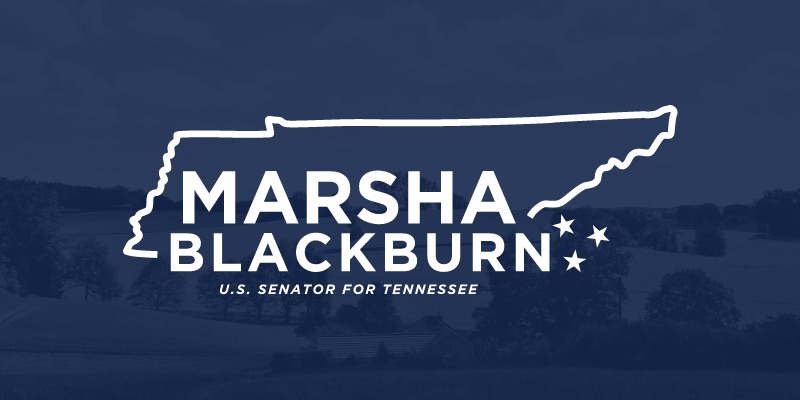Source: United States Senator Marsha Blackburn (R-Tenn)
WASHINGTON, D.C. – U.S. Senator Marsha Blackburn (R-Tenn.) sent a letter to the Secretary of Energy, Jennifer Granholm, calling for greater support for quantum computing hardware and software through strategic research projects. The letter also highlights the Oak Ridge National Laboratory for leading the Quantum Science Center to enhance our national security and support the next generation of technological advancement.
Read the full letter to here and below.
Dear Secretary Granholm,
American innovation is continuously evolving, providing new technologies for both the private and public sectors. Congress has introduced and passed many pieces of legislation supporting quantum information sciences. However, I am concerned that the work to date has failed to provide a needed focus on development and deployment of quantum algorithms and applications that can provide greater commercial utilization of the technology within the near-term.
Congressional intent behind the National Quantum Initiative Act (NQIA), signed into law in 2018, was to position the United States as the leader in next generation of quantum technology. Led by Oak Ridge National Laboratory, the Quantum Science Center supports the National Quantum Initiative Act by enhancing America’s national security and retaining its position as a global leader in scientific research and development. Congressional intent is clear that we must support quantum computing hardware and software systems, including the development and deployment of critical applications. This near-term work should be supplemental to long-term research projects into next generation technology advancement. In order to be strategic in our funded programs, there should be attention placed on garnering the near-term economic and strategic benefits of the currently available technology. Commercial use and deployment of the technology in the near-term will increase innovation.
Please let me know:
1. How will the Administration partner with the private sector to develop near-term practical quantum applications, which can be developed and deployed within 1-3 years?
2. What work is being conducted in the National Quantum Industry Advisory Committee on near-term application development today?
3. What if any additional legislative initiatives would you need to create such near-term quantum application development program(s) focused on developing and deploying proofs of concept and fostering public-private partnerships for use and deployment in production systems within the next 1-3 years?
I appreciate your attention to this important matter. A briefing on this request within 30-days of receipt of this letter would be particularly helpful.
